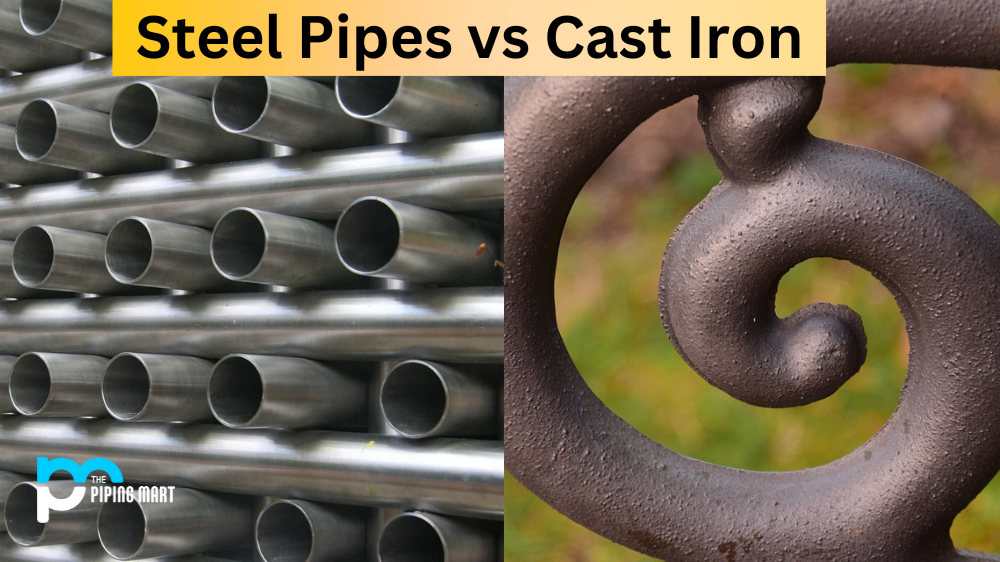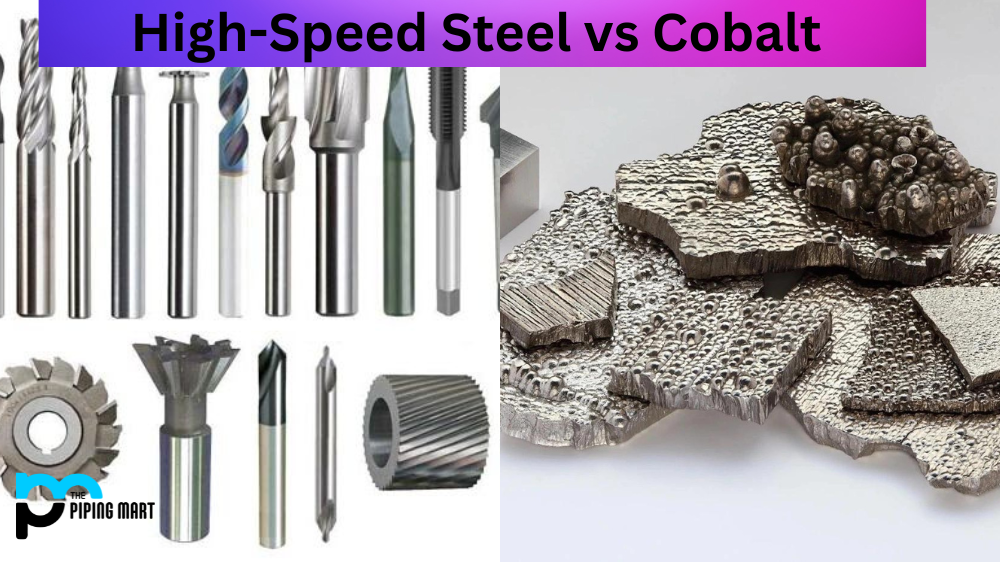When it comes to industrial projects, choosing the right material for your pipes can be daunting. Should you go with steel or cast iron? In this blog post, we’ll explore the differences between the two materials and provide a few tips on how to choose the best option for your project.
Steel Pipe
Steel pipes are made from steel sheet that has been cut into cylindrical shapes. Steel pipes can be welded together using various welding techniques, making them ideal for large-scale projects requiring many pipe connections. Steel pipes are also relatively inexpensive and easy to work with compared to other pipe materials like copper and PVC. However, they do not have as much corrosion resistance as other pipe materials, so they may need to be replaced more often if exposed to harsh environmental conditions over time.
Cast Iron
Cast iron pipes are made by melting iron ore in a furnace and then pouring it into moulds. This process creates a durable pipe material that is extremely resistant to corrosion and abrasion. As such, cast iron pipes are often used for underground projects where corrosive elements may be present in the soil or water table. While cast iron is more expensive than steel pipe, its durability means it may last longer in certain environments, providing an overall better value over time.
Difference Between Steel Pipes and Cast Iron
Advantages of Steel Pipe
One advantage of steel pipe over cast iron is that it is less likely to rust. Steel pipe is also less brittle than cast iron, so it is less likely to break under stress. Additionally, steel pipe is easier to work with than cast iron, so it can be used in a wider range of applications.
Advantages of Cast Iron
One advantage of cast iron over steel pipe is that it conducts heat better. This makes cast iron ideal for cookware, as it will help evenly distribute heat across the surface of the pan or pot. Also, cast iron is durable, so it can withstand high temperatures and heavy use without breaking or warping.
Disadvantages of Steel Pipe
One disadvantage of steel pipe over cast iron is that it is more likely to corrode. This means that steel pipe will need to be regularly maintained to prevent rust. Also, steel pipe is not as strong as cast iron and can be damaged more easily if not properly supported.
Disadvantages of Cast Iron
One disadvantage of cast iron over steel pipe is that it is heavier and more difficult to work with. Also, cast iron does not conduct heat as well as steel pipe, so it may not be ideal for all applications.
Conclusion:
When choosing between steel pipe vs copper pipe for your next project, there is no clear-cut answer, as both types have their own unique pros and cons that should be taken into consideration before making a decision. Ultimately, each material has its strengths and weaknesses, so it’s important to weigh all of your options carefully before settling on one type of pipe over another for your specific needs. With proper research and planning, you should be able to find the best solution for your project without having too much difficulty!

Abhishek is a seasoned blogger and industry expert, sharing his insights and knowledge on various topics. With his research, Abhishek offers valuable insights and tips for professionals and enthusiasts. Follow him for expert advice on the latest trends and developments in the metal industry.




